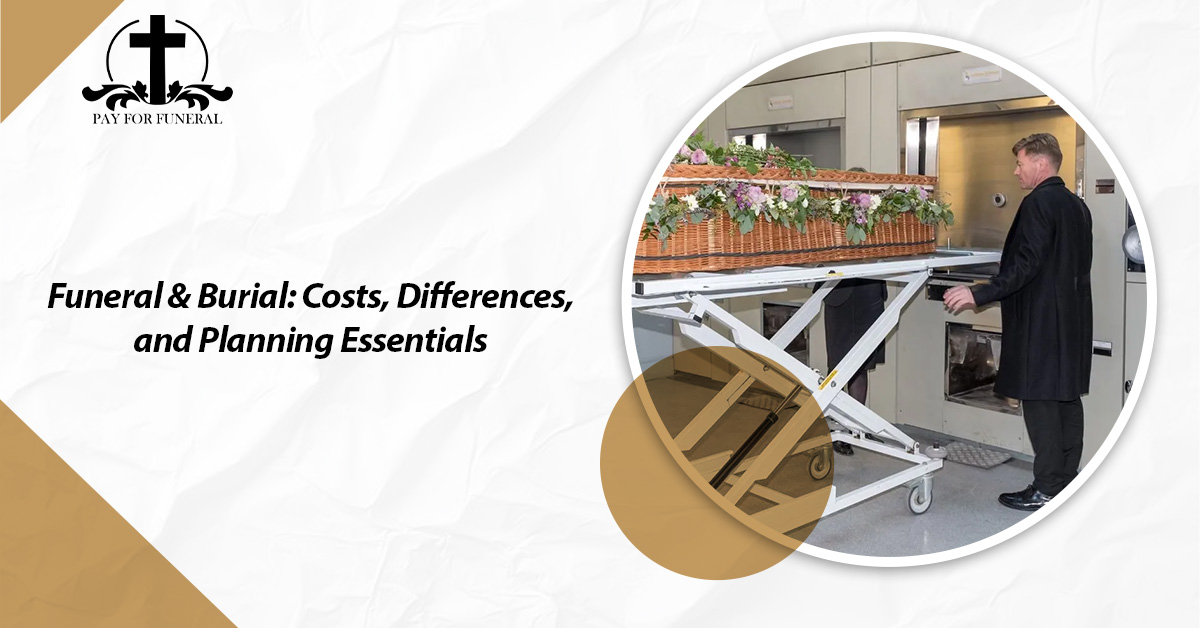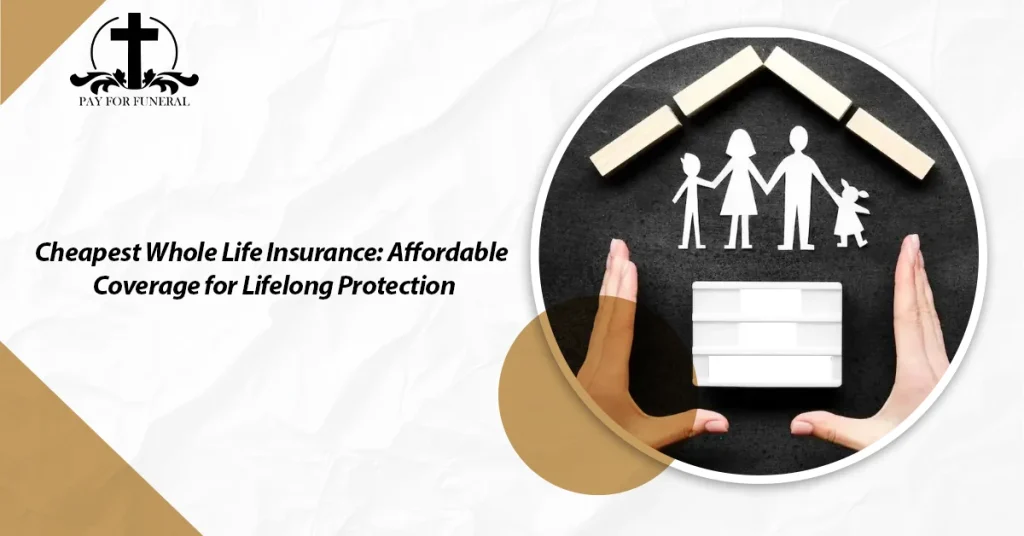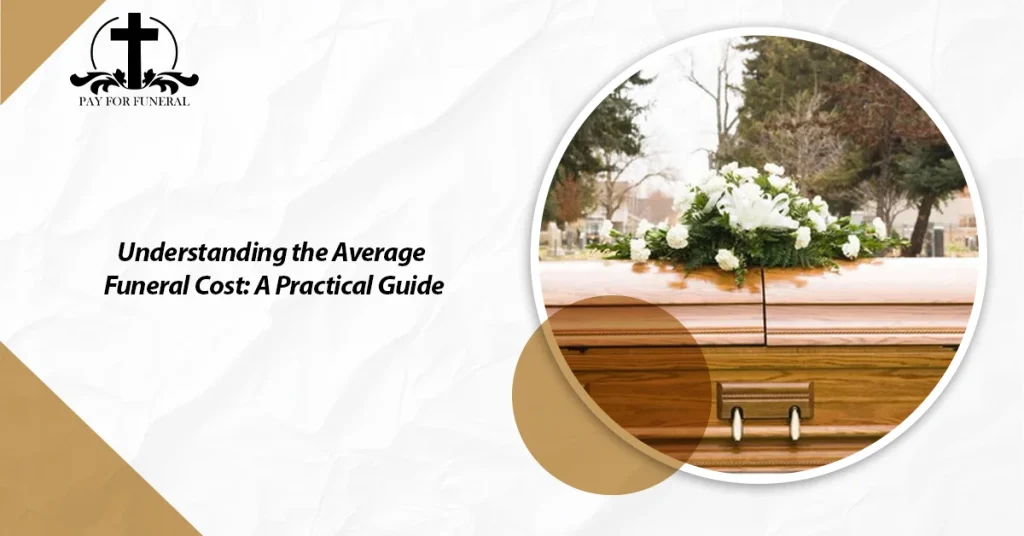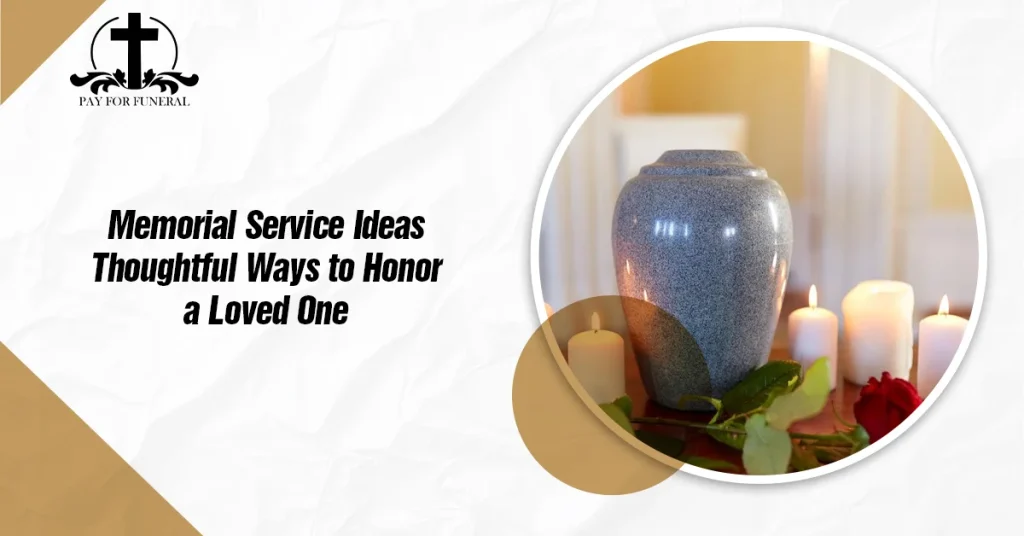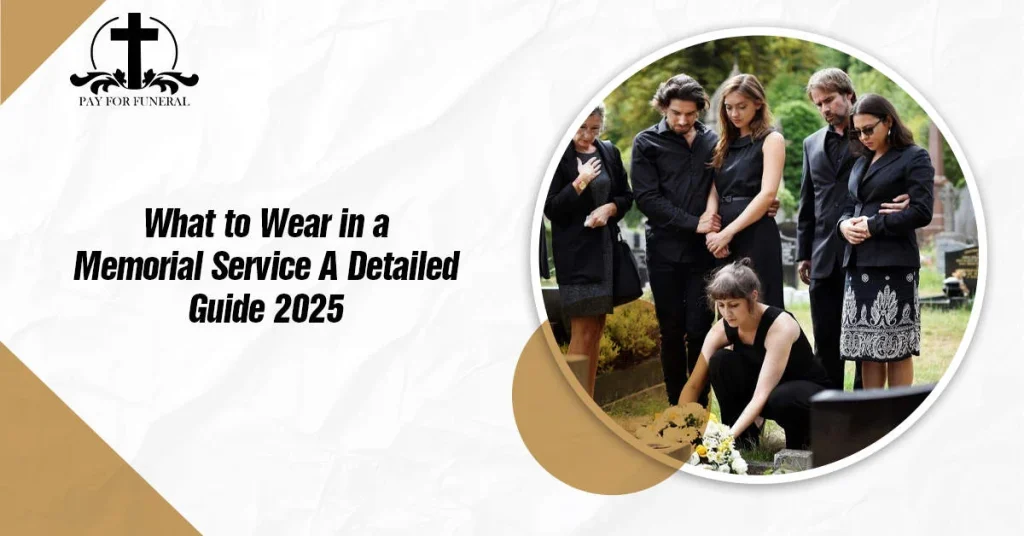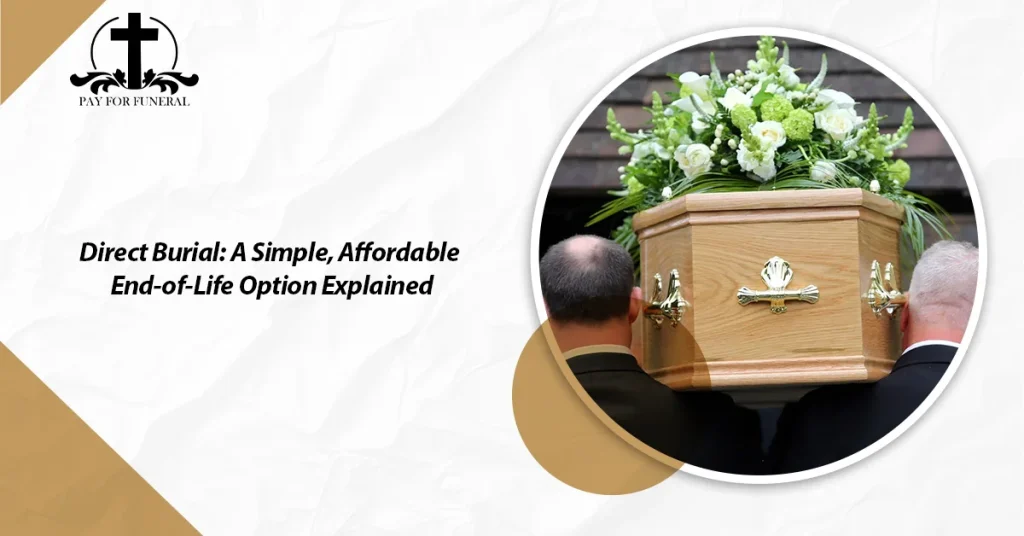Introduction
Making end-of-life decisions can be both emotionally and financially overwhelming. During such a difficult time, it’s hard to know where to begin or what choices are best. Whether you’re planning ahead or dealing with a recent loss, understanding the funeral and burial process can help ease the stress. This article is here to provide clear and simple information about what happens during a funeral and burial, how much it may cost, the differences between your options, ways to get financial help, and answers to the most common questions people ask.
Funeral and Burial Difference: Understanding the Basics
Understanding the difference between a funeral and burial is important when planning or preparing for end-of-life services. Although they often happen together, they are not the same thing.
A funeral is a ceremony to honor and remember the person who has passed away. This event may include family and friends, and it can be held at a funeral home, church, or other location. The body may be present in a casket (called a viewing or wake), or it may not be present at all.Funerals can include prayers, music, eulogies, or personal touches based on the person’s beliefs or wishes.
A burial is the process of placing the body into the ground, typically in a cemetery. This includes the gravesite, casket, and often a headstone to mark the location.
Get Free Quotes
Customized Options Await
Though funerals and burials often go hand in hand, they don’t have to. For example:
- Someone may choose to have a funeral with a viewing, followed by cremation instead of a burial.
- Another person may have a burial with no formal funeral, just a small graveside service.
For more options, you can compare burial vs cremation, which are two common choices families make based on personal, cultural, or financial reasons.
Cost of Funeral and Burial: What to Expect
Planning a funeral and burial can come with many expenses. Knowing what to expect can help families make informed and affordable choices.
According to the National Funeral Directors Association (NFDA), the average cost of a funeral with a burial in the U.S. is around $8,000 to $10,000. However, this number can vary depending on location, services, and personal preferences.
Here’s a basic breakdown of typical funeral and burial charges:
- Funeral home services (planning, staffing, paperwork): $2,000 – $3,000
- Casket (metal or wood): $2,500 – $5,000
- Burial plot (cemetery space): $1,000 – $4,000
- Headstone or grave marker: $1,000 – $2,000
- Transportation (hearse, family car): $300 – $500
- Urn (for cremation, if chosen): $100 – $300
Funeral vs Burial vs Cremation Cost Comparison
| Service Type | Average Cost | Includes |
| Funeral + Burial | $8,000 – $10,000 | Ceremony, casket, plot, headstone, services |
| Funeral + Cremation | $6,000 – $7,000 | Ceremony, cremation, urn, services |
| Direct Cremation Only | $1,000 – $3,000 | Cremation without a formal funeral |
| Direct Burial Only | $2,000 – $4,000 | Burial without ceremony or extra services |
Funeral and Burial Expenses: What’s Included?
Planning a funeral can be emotionally overwhelming and financially daunting. Understanding the typical costs involved helps families make informed decisions and avoid unexpected expenses.
Common Funeral and Burial Expenses
Here’s an itemized list of the most common services and items included in funeral and burial costs:
- Embalming: Preserves the body for viewing and services. Not always legally required but often necessary for open-casket funerals.
- Flowers: Floral arrangements for the casket, venue, and grave site.
- Obituary Notices: Paid announcements in newspapers or online memorial platforms.
- Clergy or Officiant Fees: Honorariums or service fees for religious or spiritual leaders who conduct the service.
- Reception or Repast: Post-funeral gathering costs, including venue rental, catering, or refreshments.
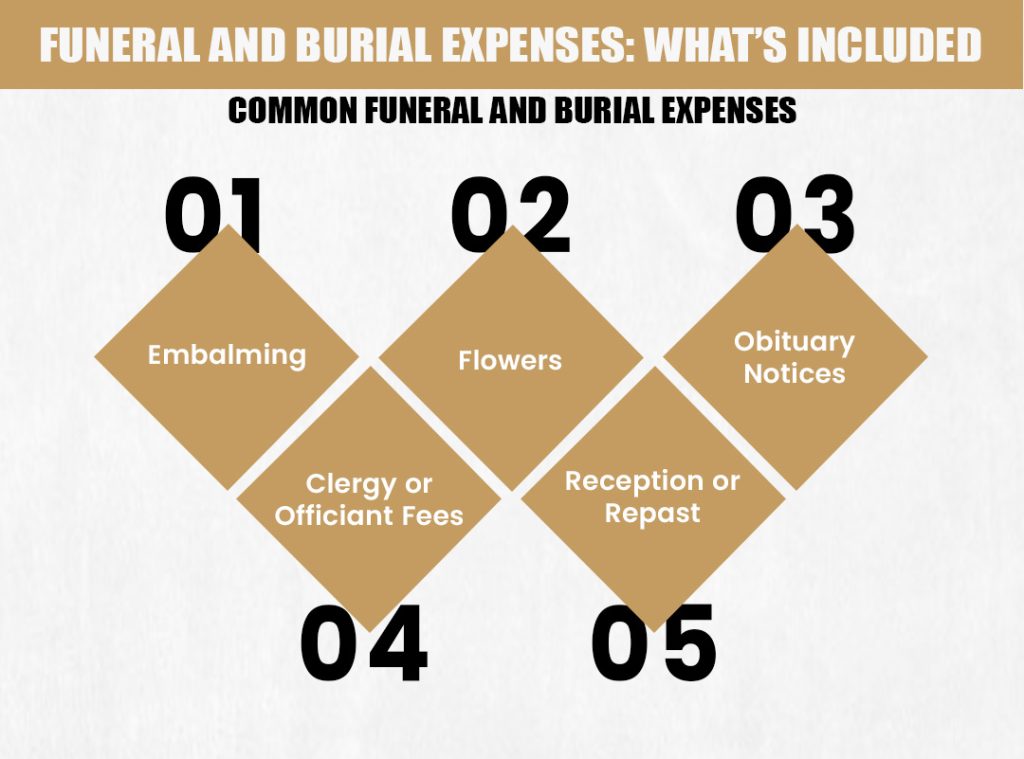
Hidden Fees Often Overlooked
In addition to the obvious costs, families are sometimes surprised by extra charges such as:
- Transportation fees: Hearse, service vehicles, or additional mileage charges.
- Death certificates: You may need multiple copies for legal and financial matters.
- Grave opening and closing: Separate from the cost of the burial plot.
- Cemetery fees: Perpetual care, vaults or liners (sometimes required), and headstone installation.
Reviewing Funeral Home Contracts and Estimates
Before signing anything, request an itemized price list; funeral homes are legally required to provide one under the FTC Funeral Rule. Here are some tips:
- Ask for a written General Price List (GPL) upfront.
- Compare packages: Some funeral homes offer bundled services that may or may not save money.
- Look for add-on charges: Understand which items are optional and which are required.
- Don’t hesitate to ask questions: Reputable providers will be transparent and understanding.
Funeral and Burial Assistance: What Help Is Available?
If you’re concerned about funeral and burial costs, you’re not alone. Many families seek financial help and fortunately, several resources are available.
Government Programs
- Social Security: A one-time death benefit of $255 may be available to a surviving spouse or child. Learn more from the SSA .
- Veterans Affairs (VA): Eligible veterans may receive burial benefits, including a gravesite, headstone, and in some cases, reimbursement of funeral costs.
Nonprofit and Religious Aid
Many religious institutions or nonprofit organizations offer aid to families in need, including:
- Direct financial assistance
- Donated burial plots
- Volunteer-led memorial services
Reach out to local churches, mosques, synagogues, or interfaith networks for guidance.
State and Local Assistance Programs
Some states and counties provide funeral assistance through human services departments. This may include:
- Low-income burial programs
- Indigent burial services for unclaimed or unsupported individuals
Check your state’s Department of Human Services or local health department website for eligibility and applications.
Crowdfunding and Community Support
When formal support falls short, many families turn to:
- GoFundMe, FuneralFund, or other online platforms
- Community groups and religious communities
- Local charities or mutual aid networks
While crowdfunding can help ease financial pressure, be transparent and clear about costs and needs when reaching out.
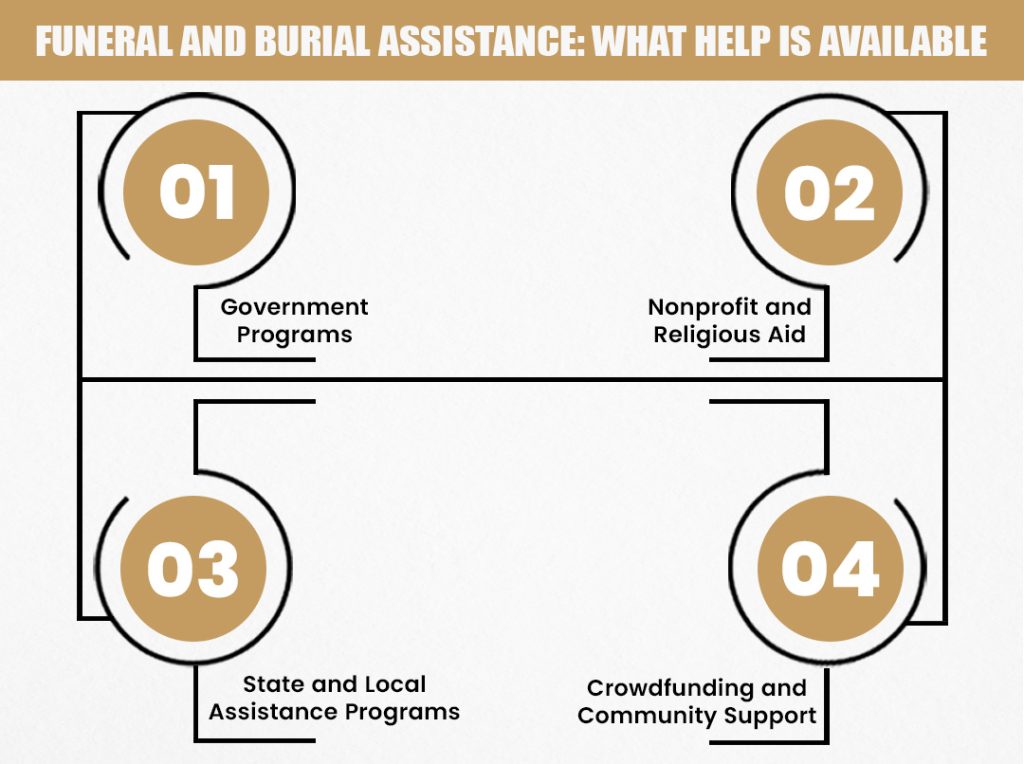
Affordable Funeral and Burial Options: Planning With a Budget
Funerals don’t have to be financially overwhelming. With some planning and knowledge of your options, it’s possible to honor a loved one meaningfully without overspending.
Low-Cost Alternatives: Direct Burial and Direct Cremation
- Direct Burial: The body is buried shortly after death without embalming or a formal funeral service. Families can hold a memorial service separately.
- Direct Cremation: The most affordable option. The body is cremated shortly after death without a viewing or ceremony, and the ashes are returned to the family.
Both options significantly reduce costs while still allowing for personalized remembrance.
Funeral Packages vs. À La Carte Pricing
Funeral homes often offer:
- Packages: Bundled services at a set price may include embalming, viewing, casket, and transportation.
- À la Carte: Choose only the services you need, which can be more economical and tailored.
Tip: Always ask for a General Price List (GPL) and compare the costs of both options before deciding.
Preplanning and Prepaid Funeral Plans
Planning ahead can save money and ease the emotional burden on loved ones:
- Lock in today’s prices
- Specify your wishes clearly
- Spread out payments over time
Caution: Review prepaid contracts carefully and ensure the funds are protected (e.g., in a trust or insurance-backed plan).
Green or Eco-Friendly Burials
A growing number of families are choosing green burials, which can be:
- Cost-effective: No embalming, metal caskets, or vaults
- Sustainable: Biodegradable shrouds and minimal impact on the environment
Also look for natural burial grounds or hybrid cemeteries that accommodate eco-conscious practices.
Burial vs. Cremation: Which Is Right for You or a Loved One?
Choosing between burial and cremation is a deeply personal decision, shaped by financial, cultural, and emotional factors. Here’s a guide to help you weigh the options.
Pros and Cons
– Burial
- Permanent gravesite for visits
- Traditional and widely accepted
- More expensive overall
- Requires land and long-term maintenance
– Cremation
- Affordable and flexible
- Portable remains for scattering or keeping
- May feel impersonal for some
- Limited ritual depending on beliefs
Religious or Cultural Considerations
- Christianity: Generally accepts both burial and cremation
- Judaism: Traditionally favors burial; some liberal branches allow cremation
- Islam: Requires burial
- Hinduism: Requires cremation
- Buddhism: Accepts either, with cremation more common
Always consult religious or cultural leaders if uncertain.
Environmental Impact
- Cremation: Uses fossil fuels and emits carbon
- Traditional burial: Requires embalming chemicals and land
- Green burial: Most eco-friendly option
Personal Preference Factors
Consider:
- Family traditions
- Emotional needs
- Desire for a physical memorial
- Flexibility in timing and location of services
Cost Comparison Chart
| Service Type | Average Cost (USD) |
| Traditional Burial | $7,000–$12,000 |
| Direct Burial | $1,500–$4,000 |
| Traditional Cremation (with service) | $5,000–$7,000 |
| Direct Cremation | $800–$2,000 |
| Green Burial | $1,000–$4,000 |
The Funeral Ceremony: Honoring a Life
Funerals are ceremonies held to honor and remember the life of someone who has passed away. They provide an opportunity for family, friends, and communities to gather, grieve, and find closure. Typically, a funeral includes various elements depending on cultural, religious, or personal preferences.
Types of Funerals
- Religious Funerals: These ceremonies follow specific rituals and traditions of a faith community, such as Christian, Jewish, Muslim, Hindu, or Buddhist services.
- Secular Funerals: Non-religious ceremonies that focus on celebrating the individual’s life without religious context, often led by a celebrant or a close family member.
- Military Funerals: Honor the service of a deceased military member with special rites including flag folding, gun salutes, and the playing of “Taps.”
Who Leads the Service?
Funeral services are usually led by:
- A clergy member or religious leader for faith-based funerals.
- A professional funeral celebrant for secular ceremonies.
- A military officer or chaplain for military funerals.
Example Timeline of a Traditional Funeral
- Arrival and Gathering: Guests arrive, sign the register, and offer condolences.
- Opening Remarks or Prayer: The officiant welcomes attendees and may say an opening prayer.
- Eulogies: Family or friends share memories and stories about the deceased.
- Committal Service: This may include final prayers, readings, or rituals before burial or cremation.
- Closing: A song, hymn, or moment of reflection concludes the ceremony.
- Reception: A gathering for refreshments and further sharing.
Burial Ceremony Program: What to Include
A burial ceremony program helps guide the flow of the event and informs attendees about what to expect. It balances tradition with personalization to reflect the deceased’s life and values.
Structure of a Burial Ceremony
A typical burial ceremony includes several key components:
- Opening remarks or prayer to welcome and prepare attendees.
- Eulogies where loved ones speak about the deceased.
- Committal service with final words, prayers, or rituals by the graveside.
- Closing song, poem, or moment of silence for reflection.
Sample Program Layout
- Opening Remarks or Prayer
A welcome message and invocation by the officiant.
- Eulogies
One or more speakers share stories, memories, or reflections.
- Committal Service
The officiant performs the final rites, which may include scripture readings, prayers, or symbolic acts like sprinkling earth on the casket.
- Closing Song or Reflection
A hymn, song, poem, or quiet moment to close the ceremony.
Considerations for Personalization
- Poems or Readings: Choose meaningful texts that celebrate the person’s spirit.
- Music: Select songs that were important to the deceased or that reflect the tone of the ceremony.
- Symbolic Gestures: These might include releasing doves, lighting candles, planting a tree, or sharing mementos to honor the person uniquely.
Conclusion
Planning a funeral or burial ceremony can feel overwhelming, but understanding the differences between types of services, being aware of potential costs, and knowing where to find support can make the process more manageable. Whether choosing a religious, secular, or military funeral, personalization and thoughtful preparation help honor the life of your loved one in a meaningful way.
Taking proactive steps toward end-of-life planning not only eases the burden on family and friends but also ensures that your wishes or those of your loved one are respected. We encourage you to start these conversations early and explore your options carefully.
FAQs
How much does a funeral and burial cost?
Funeral and burial costs vary but typically range from $7,000 to $12,000 or more. See our Cost of Funeral and Burial section for details.
How long is a funeral and burial?
Funeral ceremonies usually last 30–60 minutes, with burial adding another 15–30 minutes. The total time is about 1 to 2 hours.
How long is a Catholic funeral and burial?
A Catholic funeral includes a Vigil, a Funeral Mass (~1 hour), and committal, often spanning 1 to 2 days.
Are funeral and burial expenses tax deductible?
Funeral and burial costs are generally not tax deductible but may be deductible on an estate tax return. Check with a tax advisor.
Is funeral and burial the same thing?
No. A funeral is the memorial ceremony; burial is the act of laying the body to rest.

